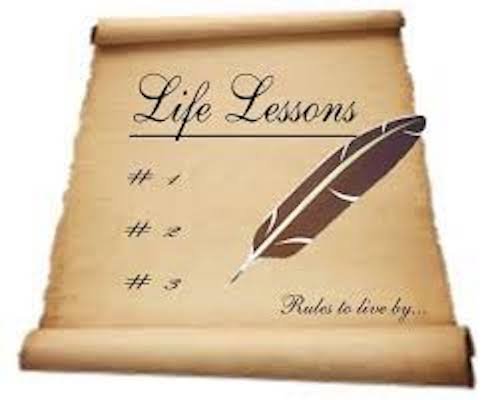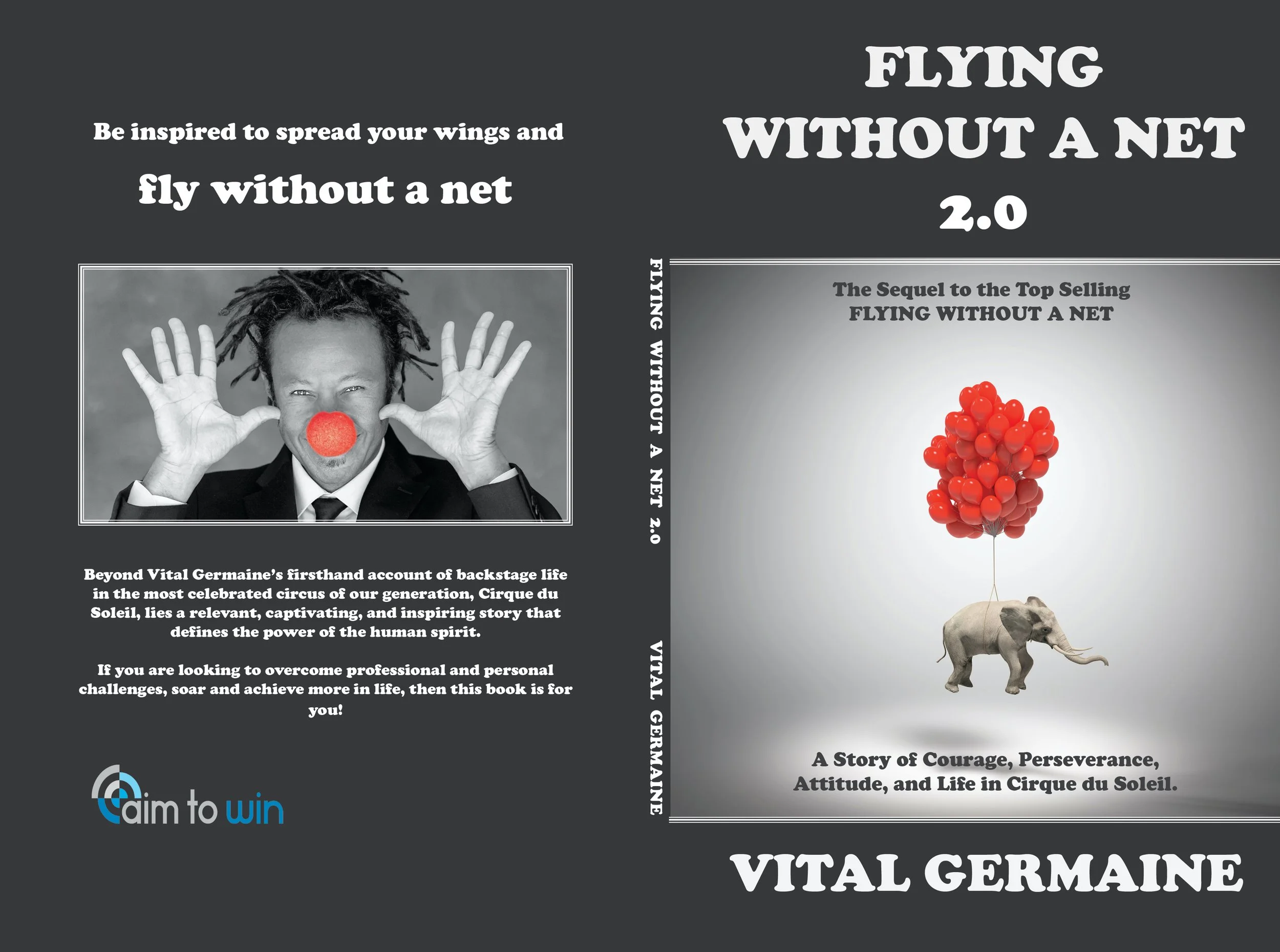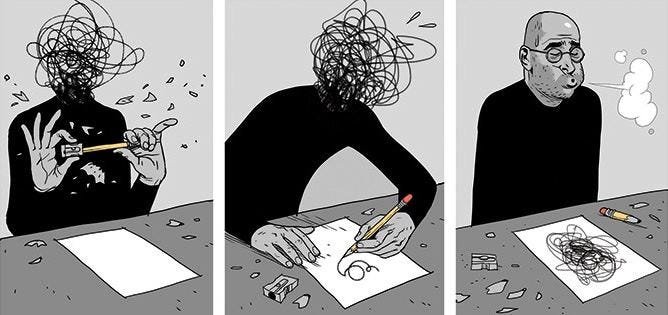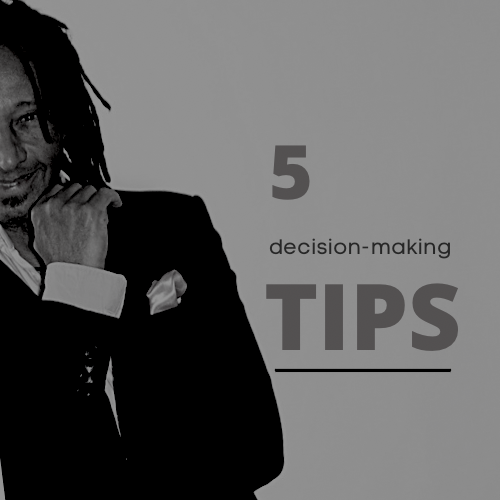Revealing too much can set you up for sabotage, hurt or humiliation. Vulnerability can, nonetheless, invite and initiate deep and meaningful relationships. It’s a delicate dance.
In reality, we only reveal too much if it’s with the wrong person. The right person will honor and protect your secrets, your insecurities and your wounds. The right person will protect your heart. The wrong person will use them as ammo to take advantage of you or make you a victim of their selfishness and lack of integrity. So how can you tell who to trust and how much to trust them?
Being aware of the following will help:
1. INTUITION: Obey your intuition. If you feel as much as the slightest inclination that you don’t trust a person, you’re probably right.
2. LISTEN: Really listen to what they say. People eventually tell you who they are if you listen carefully and long enough.
3. LISTEN: This is not a typo, but intentionally repeated with a slight difference. Pay as much attention to what wasn’t said. Read between the lines. There’s a lot of hidden info within the empty space and silence.
4. INTEGRITY: Pay close attention to their actions, in particular, if and when they are repeated. We all have habits and default settings that get revealed when under stress or pressure. Example; if they’re rude to the waiter (or to you for that fact) because they had a bad day, it could be a one-off situation. We all have those days where we lose our composure OR are put into a situation where are integrity is challenged or compromised; we may be cornered and feel the need to lie (in its multiple forms). However, if this bad behavior, lying or deceit repeats, chances are they have a character and honesty issue. Though we can sometimes understand a lie, it’s actually never okay, just like there is no validation to being rude and disrespectful even when the other person might have deserved it. (I’m preaching though I’m not a saint and have messed up in this department before FYI). Humans are always true to their character, in particular under pressure and when they can no longer maintain the facade.
5. APOLOGY: Can they even say sorry when they’ve lied, have been rude, disrespectful, disloyal, manipulative, abusive, inconsiderate and insensitive? If the answer is yes, that’s good news, HOWEVER! If they can’t own what they “f*&^ up in, they can’t be trusted. Note: There are 2 types of transgressions. 1: somebody independently owns up to a transgression because their conscience compels them to. 2: they fess up because they got busted. I personally judge this situation and this person differently.
There must be changed behavior if they lied or messed up. This is a great barometer to gauge earned trust levels. Sometimes people know they messed up but are too proud (or ashamed) to admit it. However, they always know if they’ve been honest or not; even the narcissist knows. If their conscience is in a good and trustworthy place (never with a narcissist), the bad behavior will slowly eat them alive and they will come clean. If they don’t ever achieve this, then don’t ever express vulnerability or trust them again… unless, they demonstrate enough effort over an extended period of time (which you will determine for yourself), with enough evidence to suggest they have changed. If this never happens, cut your losses and find a better friend, lover or boss, because your current one can’t and shouldn’t be trusted.
6. INTUITION: Same as 1. Sometimes your intuition will scream in desperation to save you that the person is not to be trusted; when meeting the cliche slimy and cheesy used car salesman, for example. You know you're gonna get taken-advantage of. Other times, the “not to be trusted vibes” are more subtle. Either way, intuition is always active and accessible. It’s something that can be developed, beginning with the awareness that you have it.
7. HISTORY/PAST: There is nothing worse than condemning somebody for their past behaviors. People do learn, grow, mature and change. However, somebody’s past shouldn’t be completely overlooked. It is potentially a red flag. Snakes shed their skins but remain snakes. If they are a narcissist, they will not change, so never be fooled by the great Oscar-award-winning acting skills. Then again, what was once an ugly lava can turn into the most beautiful butterfly. If you observe all other steps mentioned in this blog, then whether or not their past behaviors are a reason to trust of distrust them will be revealed.
IN CLOSING: Ultimately, the biggest trust red flag that you should never ignore is if and when somebody you trust violates somebody else’s trust. This means you witnessed them either lying to another person, cheating on another person, or stealing from another person… OR revealed another person’s secret to you. The odds they will do the same to you are so high that it’s best to simply not trust them! Walk away with your character and or wallet in tact.
If you have additional tips or lessons to add, if you agree or disagree, please share the value of your thoughts in the comments below.
Thank you,
Vital Germaine
President of ENGAGE Teams 360 / 6-time author / keynote speaker / mindset coach


























